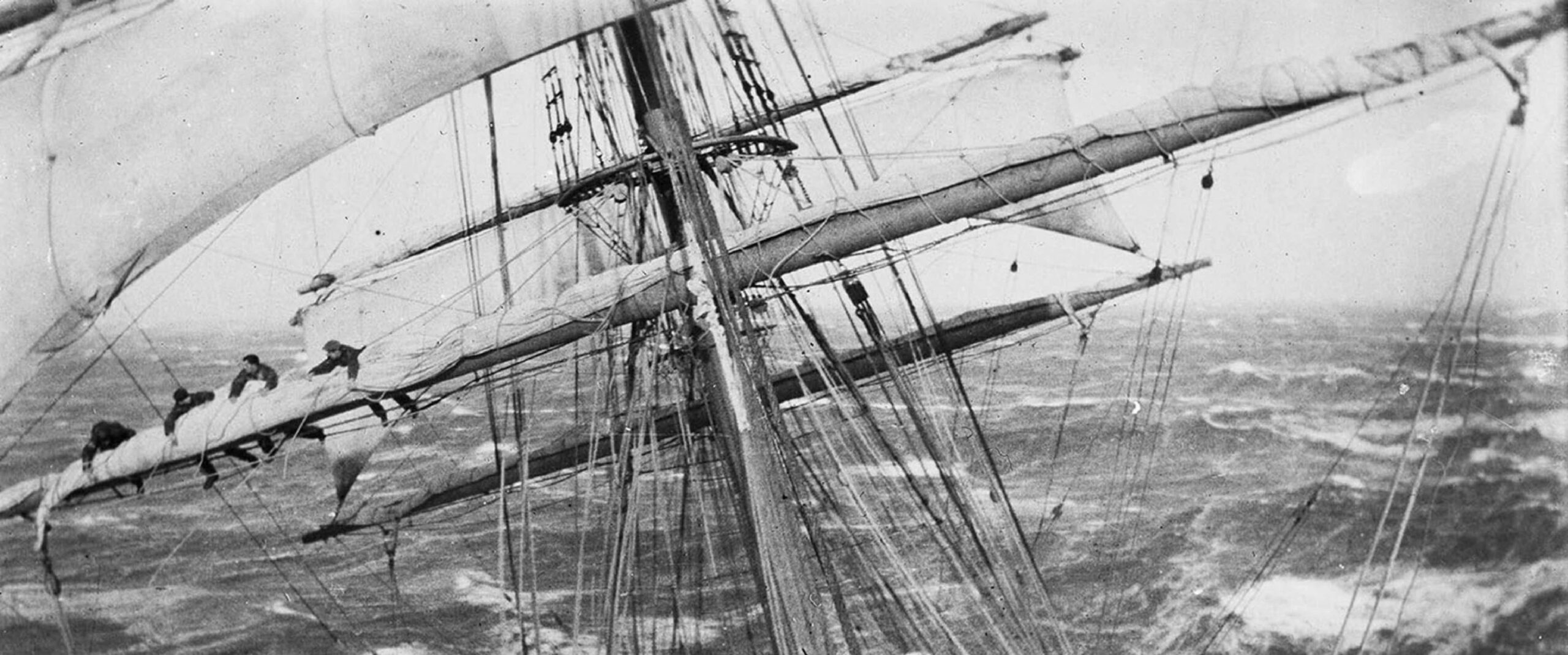
The Japanese word “Gemba” literally means “where the action is”.
Our 3rd Leadership Team member spends their time in, and thinks about the Gemba. The Worker
If having a worker in your leadership team sounds strange let’s explain.
The worker’s job is clear – to focus on the tasks at hand – whatever they may be. A big part of the Leader’s job is to focus on the tasks that their team performs. This sounds obvious, but it’s not always so.
There’s an assumption in some parts of the Leadership Industry that work and leadership can be separated. This is a unique late 20th century idea. Whilst it is useful to have generic leadership principles which transcend individual teams and the work they do, it’s not fair to expect a team to achieve results with leaders who don’t engage in or understand the work of the team.
So what influence does the Worker have on the Leadership Team? Let’s answer that by looking at 2 extremes which must be balanced.
1. The Micromanager

We all know the type. The boss who can’t let go of details and insists on checking or proscribing everything. This is the Worker dominating the Leadership Team. Sometimes micromanagement is justified, but it’s always a sign of lack of trust, and also always felt as lack of trust. In the spectrum of Felt Leadership this is usually a big negative.
Good leaders learn to let go of the worker – enough to avoid doing the job of the team and therefore doing more of the job of the leader.
2. The Seagull

The opposite extreme from the Micromanager is the Seagull. This is the leader who doesn’t have the Worker in their Leadership team at all.
There are 2 types of seagulls, nasty and nice. The nasty seagull flies in, screeches, leaves a mess, then flies away. If you’ve worked for one of these you will remember it as a horrible experience.
Nice seagulls don’t treat their teams badly but also don’t care about the team’s work.
In both types, tasks are not considered to be relevant unless they fail. Outcomes matter but not details. Processes are set by the team and not shaped by the leader. Both lead to poor results.
Large, functional organizations can develop Generalists who don’t understand the activities they lead. In some, leaders are regularly moved – as if getting deep knowledge is something to be avoided. This is fair enough where overall knowledge is valuable, especially for senior leaders, but not if it results in a lack of understanding about important details.

Tasks and the people who do them, are the business of the business you’re in.
They’re also how societies organized themselves when villages became towns and civilization began to grow. Kings and craftsmen made a pact that still works. The King did the ruling and the skilled craftsmen made things or built things or fought the enemy.
” … it’s not fair to expect a team to deliver results with a leader who doesn’t engage in or understand the work of the team…”
Good leaders neither do the tasks their team should do, nor do they ignore them. Neither Micromanager nor Seagull.
Good leaders take an active interest in the actual work of the business and actively support that work. They organize and lead. They stay close enough to know what issues or successes there are and learn by watching or listening. How can you make the big decisions without knowing the small issues?
Seagull management isn’t leadership it’s just a Ruler taking credit for something they don’t impact.
Reports and data are important, but not sufficient. Nothing replaces the learning that comes to leaders who care enough about the tasks being done in their organization to take the time to be there when they’re done. Nothing replaces the feeling that team members experience when their leaders care about what they do.
Factories and other operational sites are interesting places, and can breed balanced leaders. This is because (at their best) they are actually quite democratic places – they have a hierarchy but it’s often based on capability, not just position or job title. The reason is simple – because the overwhelming purpose of a factory or an operational place is to do things – to make things or provide a service, so politics and seeking influence are minimized because they don’t add value. Putting political games into an operational area often leads to failure. It also explains why good operational leaders sometimes fail in corporate or Head office environments.
Are you a Micromanager, or a Seagull, or somewhere in between?
Do you care about the work of your teams? Do they feel that you care?
How much time do you spend in the Gemba?

Image credit – History.com, journalpsyche.com, vingspann.se,
